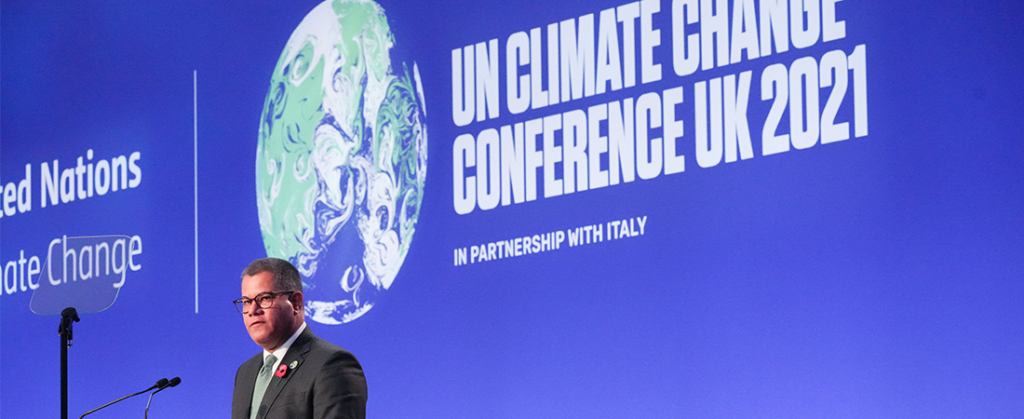One of the many legacies of the Covid-19 pandemic has been a subtle but marked increase in the public’s awareness of genomics.
The emergence of each new SARS-CoV-2 variant brought with it yet more discussion on the 6 o’clock news and on social media about genetic subtypes, genome lineages, and the output of the UK’s world-leading genetic sequencing capabilities.
Back in September 2020, six months or so in to the pandemic, the UK Government set out its 10-year strategy to create the world’s most advanced genomic healthcare system, delivering better health outcomes for patients at lower cost.
Be it through the recent Genome UK implementation plan or the broader UK rare disease framework, the Government continues to reiterate its commitment to utilising genomics to improve disease prevention, speed up diagnosis and deliver targeted personalised treatments.
It is an approach that is hoped will vastly improve healthcare for individuals whilst delivering significant efficiencies and long-term savings to the health system.
A new report published today by the Royal College of Physicians and British Pharmacological Society speaks specifically about how genomic testing can be used to save the health system significant amounts of money in the long term whilst reducing the risk to patients of adverse side effects.
Strikingly, the report highlights that 99.5 per cent of us have at least one significant variant in our genome that, if we come across the wrong medicine, will result in that medicine either not working or causing us harm.
With one in 15 hospital admissions caused by adverse drug reactions, costing the NHS an estimated £650m each year, the report proposes that prioritising low-cost genetic testing for those most at risk could save a significant amount of money.
Speaking about the report, Prof Sir Munir Pirmohamed, NHS Chair of Pharmacogenetics said, “We need to move away from ‘one drug and one dose fits all’ to a more personalised approach, where patients are given the right drug at the right dose to improve the effectiveness and safety of medicines.”
It remains to be seen how this personalised medicine would best integrate into modern healthcare. Take for example a child who comes into hospital to have their tonsils removed. Whereas previously, codeine would be routinely used post-surgery as an effective painkiller, there is now an blanket ban on doctors prescribing it due to a number of severe side effects and even deaths.
The personalised medicine approach here would involve identification of the presence or absence of this genetic variant, enabling the safe use of codeine in some, and alternative painkillers for others.
The Government wants the UK to have the most advanced genomic health system in the world. It also wants to save money. Implementing this sort of genetic testing will help with both.
As outgoing NHSE chairman Lord David Prior remarked, “This will revolutionise medicine… [it] is the future. It can help us to deliver a new, modern personalised healthcare system fit for 2022″.
Read the full ‘Personalised prescribing’ report here.





